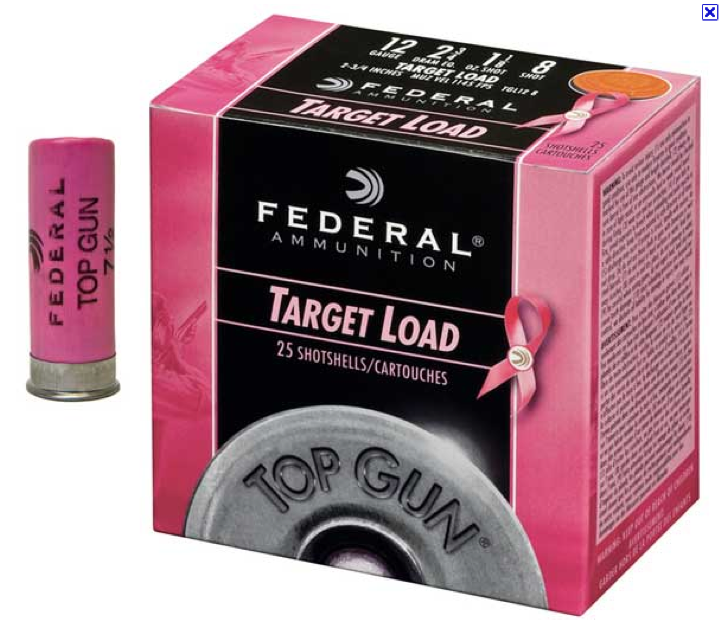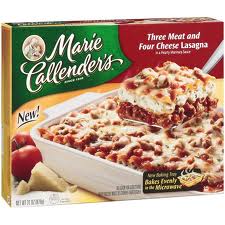 ABC is dominating other news outlets this summer with stories about pretty, white women in distress. The network's special about former kidnap victim J.C. Dugard garnered 15 million viewers, which prompted ABC to re-broadcast it at a later time and date. ABC sent out a press release boasting that its primetime Nightline special about then-accused child-killer Casey Anthony won the network biggest audience it has had in that time slot in five months. After paying Anthony $200,000 years ago for video and pictures to help bolster her story, ABC held nothing back after Anthony was acquitted, grabbing the first juror willing to speak to cameras and having Barbara Walters interview Anthony's attorney on TV. ABC devoted more than twice as much time to the Casey Anthony story as either of its two rival broadcast networks (22.9 minutes, compared to NBC's 8.4 minutes and 5.4 minutes on CBS). ABC even hired pretty, blonde former kidnap victim Elizabeth Smart to comment on missing person cases, even though this type of crime is fairly rare. ABC argues that their hiring of Smart, the extensive coverage of J.C. Dugard and Anthony are all coincidental. Critics say ABC is falling victim to "Missing White Woman Syndrome," the phenomenon where news reports disproportionately favor coverage o crimes committed against young, attractive, white, middle-class women, while crimes committed against females of lower-class backgrounds and different ethnicities, and crimes committed against males, get less coverage.
ABC is dominating other news outlets this summer with stories about pretty, white women in distress. The network's special about former kidnap victim J.C. Dugard garnered 15 million viewers, which prompted ABC to re-broadcast it at a later time and date. ABC sent out a press release boasting that its primetime Nightline special about then-accused child-killer Casey Anthony won the network biggest audience it has had in that time slot in five months. After paying Anthony $200,000 years ago for video and pictures to help bolster her story, ABC held nothing back after Anthony was acquitted, grabbing the first juror willing to speak to cameras and having Barbara Walters interview Anthony's attorney on TV. ABC devoted more than twice as much time to the Casey Anthony story as either of its two rival broadcast networks (22.9 minutes, compared to NBC's 8.4 minutes and 5.4 minutes on CBS). ABC even hired pretty, blonde former kidnap victim Elizabeth Smart to comment on missing person cases, even though this type of crime is fairly rare. ABC argues that their hiring of Smart, the extensive coverage of J.C. Dugard and Anthony are all coincidental. Critics say ABC is falling victim to "Missing White Woman Syndrome," the phenomenon where news reports disproportionately favor coverage o crimes committed against young, attractive, white, middle-class women, while crimes committed against females of lower-class backgrounds and different ethnicities, and crimes committed against males, get less coverage.
 Flavored alcoholic beverages like Smirnoff Ice and Mike's Hard Lemonade -- dubbed "alcopops" by public health advocates -- should be taxed at the higher rate of distilled spirits rather than as beer, according to the Nebraska Supreme Court. The lawsuit, Project Extra Mile v. Nebraska Liquor Control Comm., was brought by Nebraska taxpayers and nonprofit groups battling underage drinking. Now the Nebraska legislature is considering a bill, LB824, that would undo the state Supreme Court's decision.
Flavored alcoholic beverages like Smirnoff Ice and Mike's Hard Lemonade -- dubbed "alcopops" by public health advocates -- should be taxed at the higher rate of distilled spirits rather than as beer, according to the Nebraska Supreme Court. The lawsuit, Project Extra Mile v. Nebraska Liquor Control Comm., was brought by Nebraska taxpayers and nonprofit groups battling underage drinking. Now the Nebraska legislature is considering a bill, LB824, that would undo the state Supreme Court's decision.
 Every October's push for "breast cancer awareness" brings another example of egregious
Every October's push for "breast cancer awareness" brings another example of egregious  Today's teenagers are probably the most savvy generation yet when it comes to filtering out advertising, but that is no worry for junk food and drink companies who steadily deploy stealthier and more sophisticated interactive promotions that specifically target teens and exploit their emotional and developmental vulnerabilities. The newest generation of internet-based junk food promotions uses cutting edge marketing techniques with names like "augmented reality," "virtual environments" and "neuromarketing" -- the use of scientifically-devised digital marketing techniques that trigger teens' subconscious emotional arousal.
Today's teenagers are probably the most savvy generation yet when it comes to filtering out advertising, but that is no worry for junk food and drink companies who steadily deploy stealthier and more sophisticated interactive promotions that specifically target teens and exploit their emotional and developmental vulnerabilities. The newest generation of internet-based junk food promotions uses cutting edge marketing techniques with names like "augmented reality," "virtual environments" and "neuromarketing" -- the use of scientifically-devised digital marketing techniques that trigger teens' subconscious emotional arousal. October is fast approaching, with its annual deluge of pink ribbons and
October is fast approaching, with its annual deluge of pink ribbons and  Businesses are seeking to cash in on the emotion generated by the tenth anniversary of the 9-11 terrorist attacks by selling 9-11 related swag. The vintner Lieb Cellars released
Businesses are seeking to cash in on the emotion generated by the tenth anniversary of the 9-11 terrorist attacks by selling 9-11 related swag. The vintner Lieb Cellars released  Food and family bloggers across New York received invitations from celebrity TV chef George Duran to attend an exclusive meal at an intimate underground Italian restaurant that had just popped up in the Village called Sotto Terra. The invitation promised "a delicious four-course meal," the Chef's "one-of-a-kind sangria," a discussion about food trends from a food industry analyst and "an unexpected surprise." Upon confirming attendance, bloggers got extra tickets to give away to their readers. But instead of a fresh Italian meal prepared by Duran, diners were quietly served Marie Callender's Three Meat and Four Cheese Lasagna, a frozen food line produced by
Food and family bloggers across New York received invitations from celebrity TV chef George Duran to attend an exclusive meal at an intimate underground Italian restaurant that had just popped up in the Village called Sotto Terra. The invitation promised "a delicious four-course meal," the Chef's "one-of-a-kind sangria," a discussion about food trends from a food industry analyst and "an unexpected surprise." Upon confirming attendance, bloggers got extra tickets to give away to their readers. But instead of a fresh Italian meal prepared by Duran, diners were quietly served Marie Callender's Three Meat and Four Cheese Lasagna, a frozen food line produced by 
 ABC is dominating other news outlets this summer with stories about pretty, white women in distress. The network's special about former kidnap victim J.C. Dugard garnered 15 million viewers, which prompted ABC to re-broadcast it at a later time and date. ABC sent out a press release boasting that its primetime Nightline special about then-accused child-killer Casey Anthony won the network biggest audience it has had in that time slot in five months. After paying Anthony $200,000 years ago for video and pictures to help bolster her story, ABC held nothing back after Anthony was acquitted, grabbing the first juror willing to speak to cameras and having Barbara Walters interview Anthony's attorney on TV. ABC devoted more than twice as much time to the Casey Anthony story as either of its two rival broadcast networks (22.9 minutes, compared to NBC's 8.4 minutes and 5.4 minutes on CBS). ABC even
ABC is dominating other news outlets this summer with stories about pretty, white women in distress. The network's special about former kidnap victim J.C. Dugard garnered 15 million viewers, which prompted ABC to re-broadcast it at a later time and date. ABC sent out a press release boasting that its primetime Nightline special about then-accused child-killer Casey Anthony won the network biggest audience it has had in that time slot in five months. After paying Anthony $200,000 years ago for video and pictures to help bolster her story, ABC held nothing back after Anthony was acquitted, grabbing the first juror willing to speak to cameras and having Barbara Walters interview Anthony's attorney on TV. ABC devoted more than twice as much time to the Casey Anthony story as either of its two rival broadcast networks (22.9 minutes, compared to NBC's 8.4 minutes and 5.4 minutes on CBS). ABC even  Internet users can't avoid those obnoxious, animated ads showing a cartoon woman with a flabby belly that shrinks, and then gets flabby again, over and over. The ad urges people to click to get "1 weird old tip" to help lose weight. The
Internet users can't avoid those obnoxious, animated ads showing a cartoon woman with a flabby belly that shrinks, and then gets flabby again, over and over. The ad urges people to click to get "1 weird old tip" to help lose weight. The